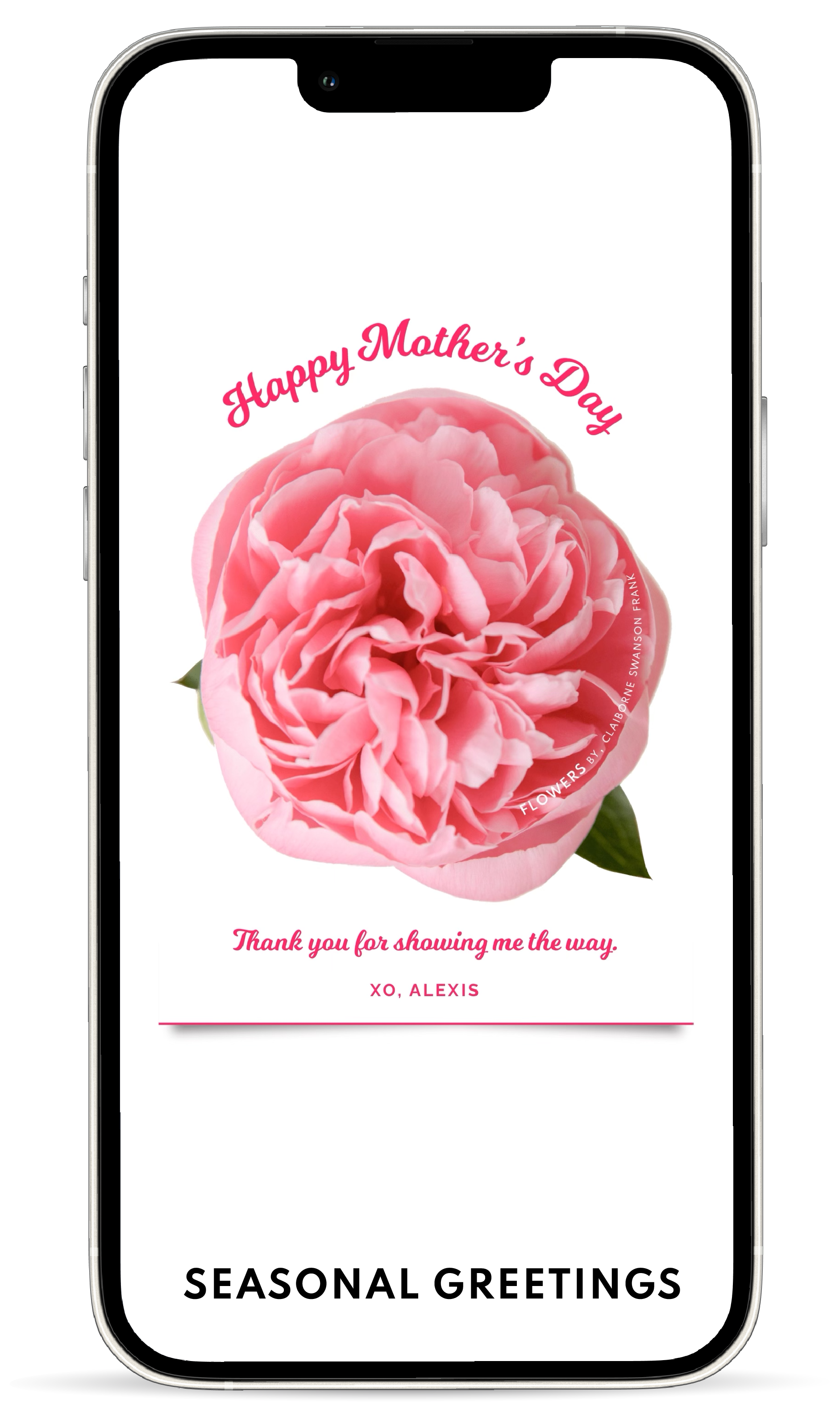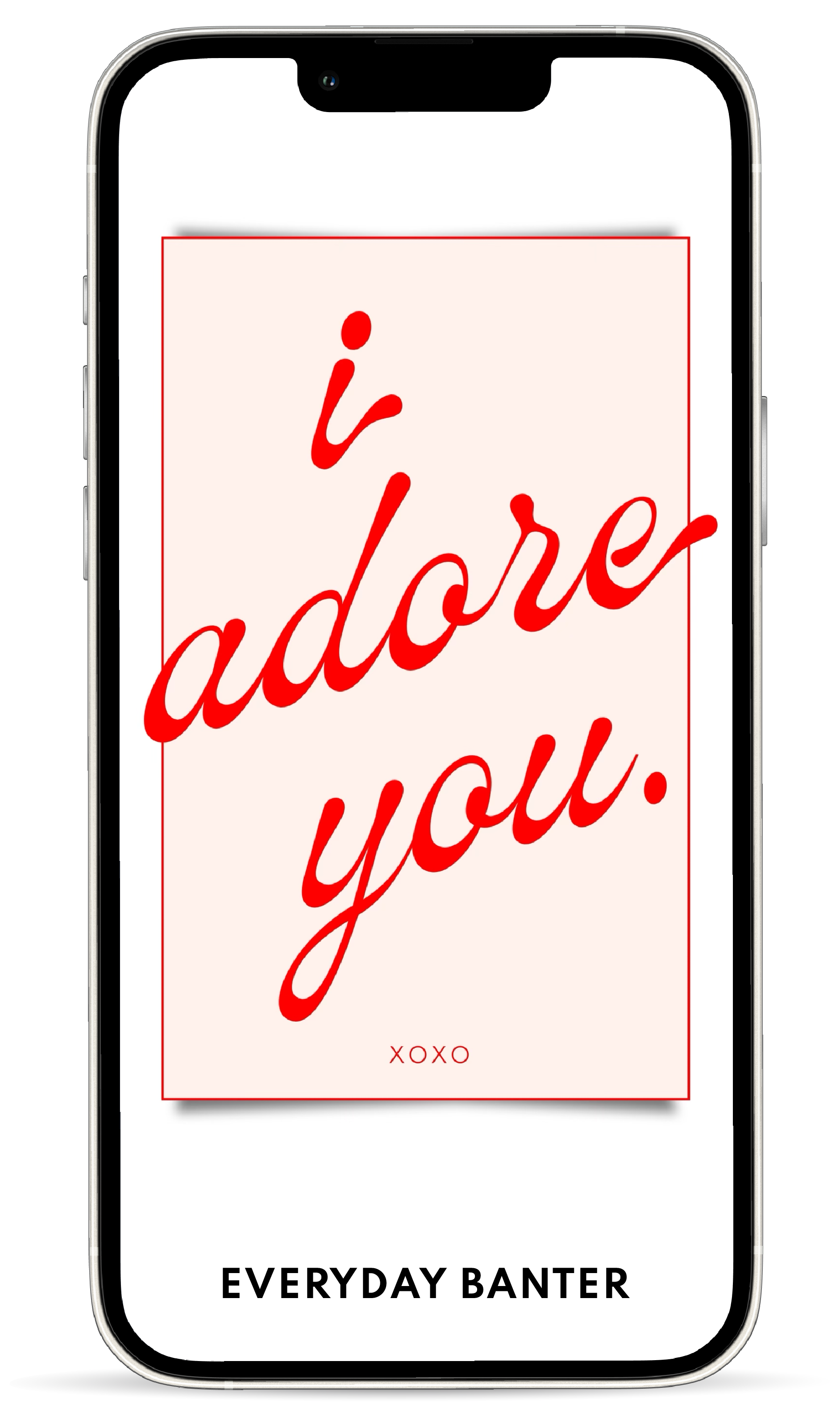“The medium is the message” is the common phrase, but entrepreneur Alexis Traina believes that messages, themselves – text messages to be exact – deserve attention, too.
Traina is the CEO and co-founder of HiNOTE, an app that helps people create messages, set over personalized backdrops of anything from a tipped-over wine glass to a branded letterhead notebook page. The idea, she said in an interview with TechCrunch, is that she wouldn’t get up every day and dress up in green, blue and gray – so why do our text messages stick to those colors?
“People are looking to find new ways to connect new ways to present themselves,” Traina, who built the company with her co-founder and husband Trevor, said. “Even professionally, it’s to be able to communicate with polish and representation.”
Since launching in 2022, 1 million HiNOTES have been shared by users with over 2,000 types of notes able to be personalized on the app. The company is also working on brand and creator collaborations – think digital message drops tuned to the aesthetic of your favorite influencer – and has already done 20 deals.

Most of the users, Traina says, are women and range between the ages of 25 and 65. She listed out some of the most common traits among the early adopters: they send out 15 greeting cards a year, have Canva subscriptions and send Paperless Post invites right alongside Minted holiday cards.
Self-expression in the form of text messages is a specific bet on people wanting more out of their digital communication styles. But it’s not too new, either. Emojis were created in the late 1990s and still remain a massive part of our lexicon today. Memes, easily whipped up on online services and even within some messaging apps like Groupme, continue to be a fun way to share a message. And, as an Indian American, I certainly can tell you how common it is to land what feels like a million photos during each holiday or life occasion with text overlaid.

As humans, we’ve been evolving away from solely bubble-based text for decades. Heck, there’s an elephant valued at $40 billion in the room: Canva.
Traina said that Canva became a valuable tool in the enterprise space because it brought simplified tools to business communications.
“What I saw about it was that it was still on the desktop, and it was often 9 to 16 taps to get your product into work,” she said. “o I understood for us, the magic would be mobile-first, easy to create and for the everyday communicator.”
Sure enough, HiNOTE requires less buy-in than an app like Canva – literally, because it is free right now.t takes a few minutes to create an account and start using personalized notes. Once you edit a note in the app, you can share it via text with one click.
Clearly, personalized messaging is popular among some, so the question for HiNOTE is more around how to seamlessly become a part of a user’s everyday behavior. Part of that involves knowing what makes sense to express via a text-overlaid image and what makes sense to send as a quick
Traina listed off a number of use cases for HiNOTE, revealing that the most popular category of notes is the “everyday note,” which offers images asking someone to give you a quick call, birthday messages with personalized sign-offs and more.
Tellingly, in our conversation, Traina only used one HiNote: to say that she was looking forward to our call. Beyond that, we stuck to texts. Clearly, as much as we enjoy a good meme, it isn’t the only way we express ourselves. Sometimes a text works. HiNOTE is in the process of finding that early product-market fit, but it’s evidently resonating with a bevy of top-tier investors.
HiNOTE has raised $1.9 million to date in previously undisclosed capital from angel investors known to be disruptors including Marissa Mayer, Dick Costolo, Marc Benioff, Yuri Milner, Peter Thiel and Sarah Kunst.
Mayer, former CEO of Yahoo and founder of Sunshine, told TechCrunch over e-mail that she loves “the intent of trying to take something ordinary (like texting) and add a richness and expressiveness to it.” She compared HiNOTE to her other angel investments, which include Uber, Square, Minted and Figma. All “solved broad consumer problems with an ecosystem approach in an elegant and simple way.”
The pre-seed round is helping the team avoid the need to monetize immediately, unlike some of its early-stage compadres.
“Like many early-stage, consumer companies, we’re focused on providing an amazing, sticky product to our users — and in the future, there are plenty of proven revenue models for consumer platforms with scale,” Traina said.
This app, backed by Marissa Mayer and Peter Thiel, is making texts more expressive by Natasha Mascarenhas originally published on TechCrunch
https://ift.tt/tF9LKNJ